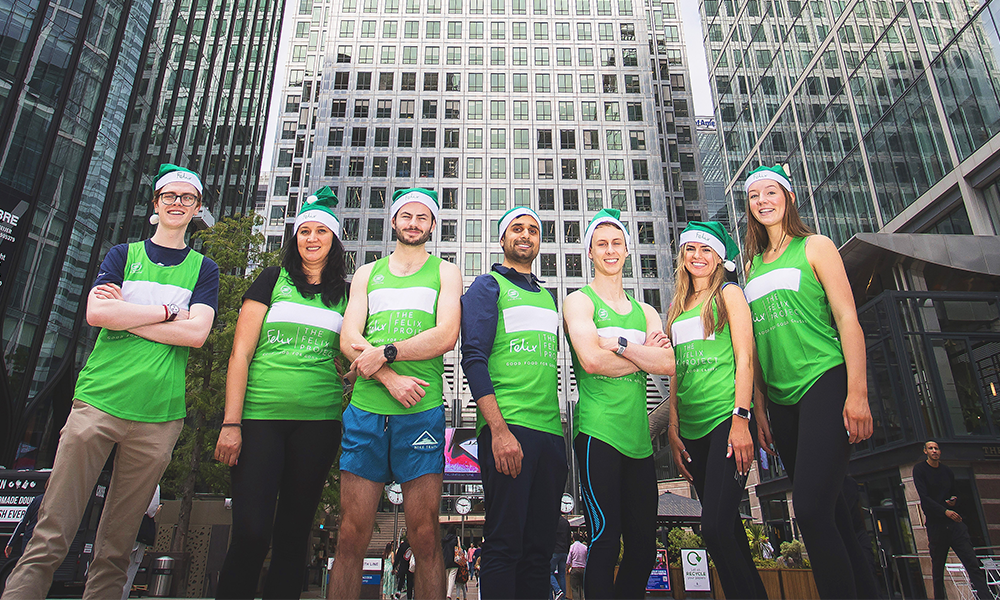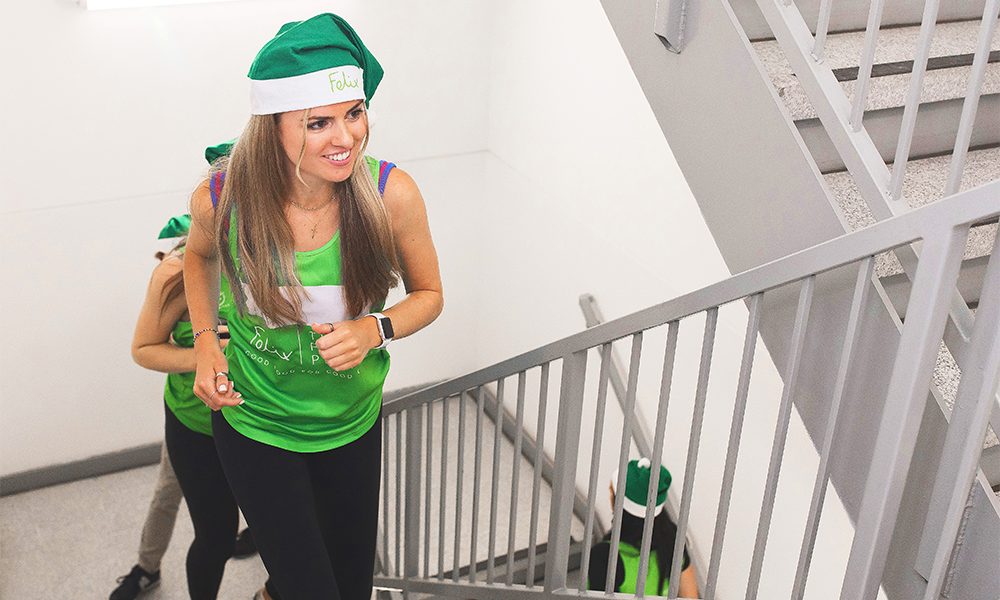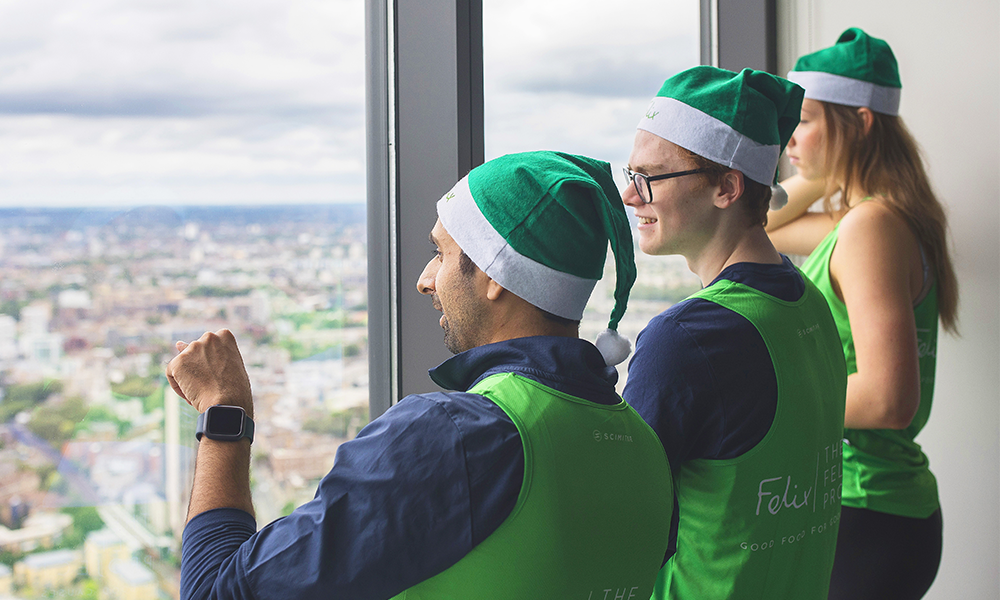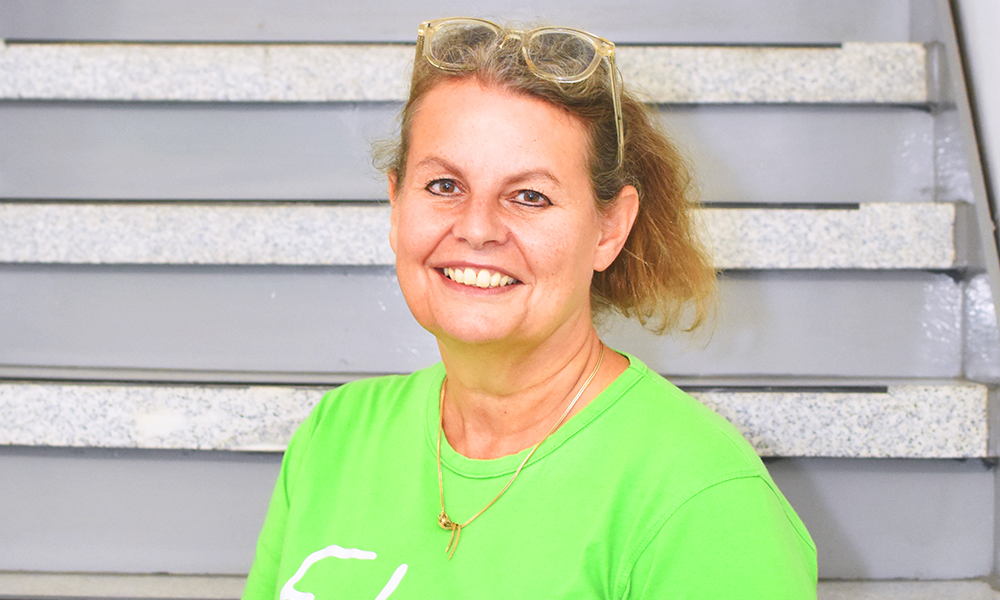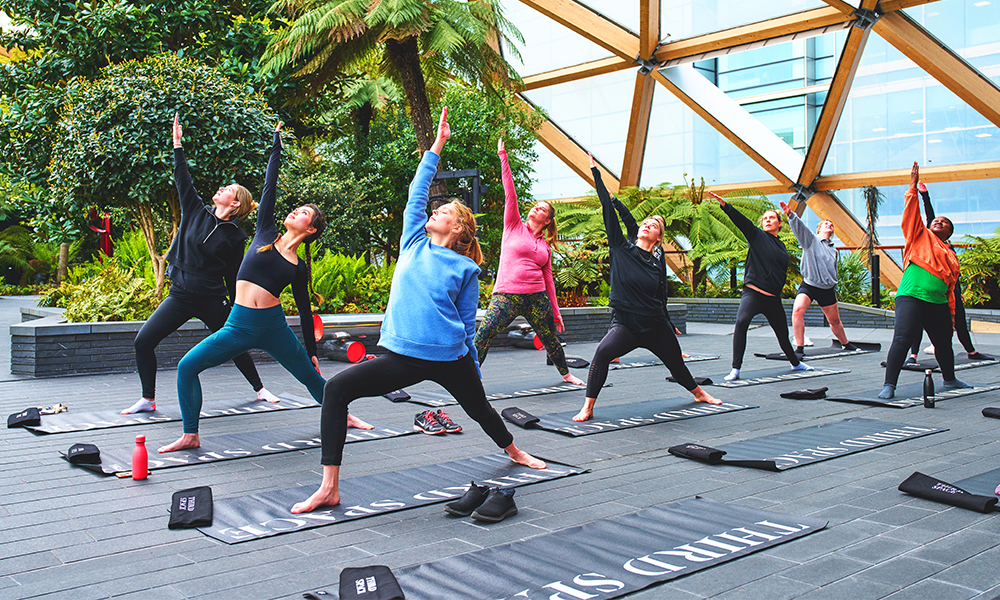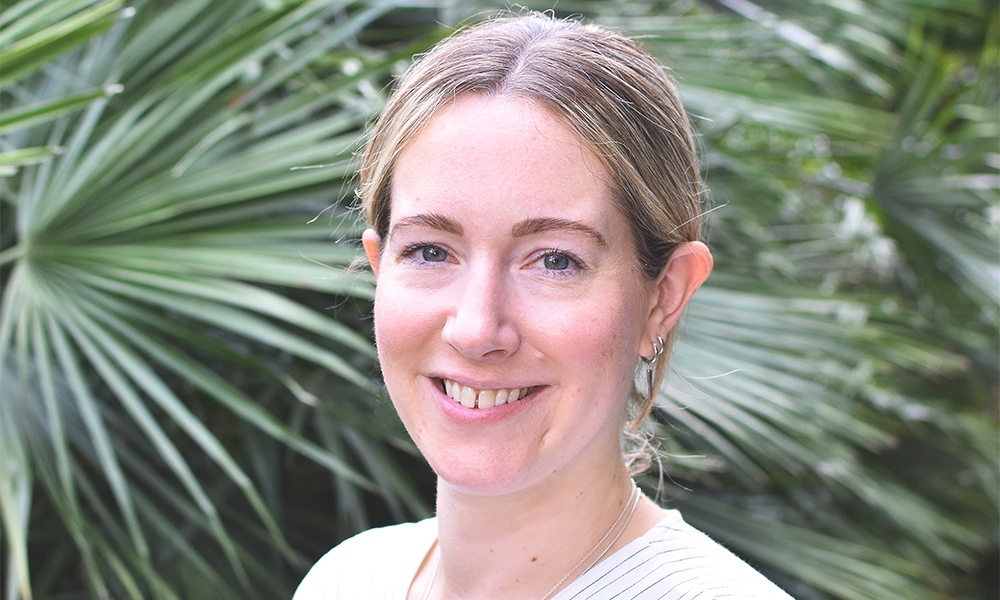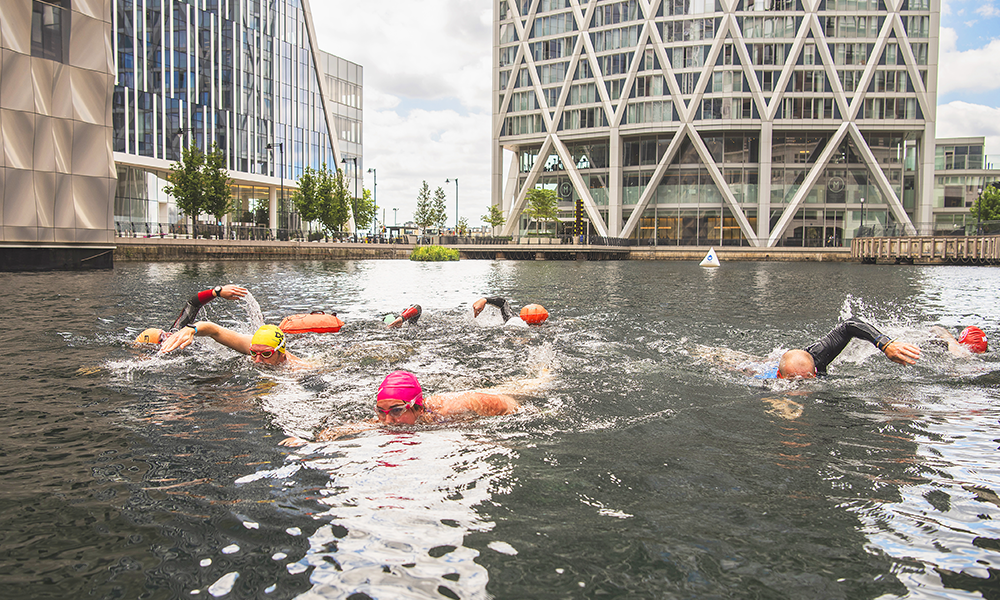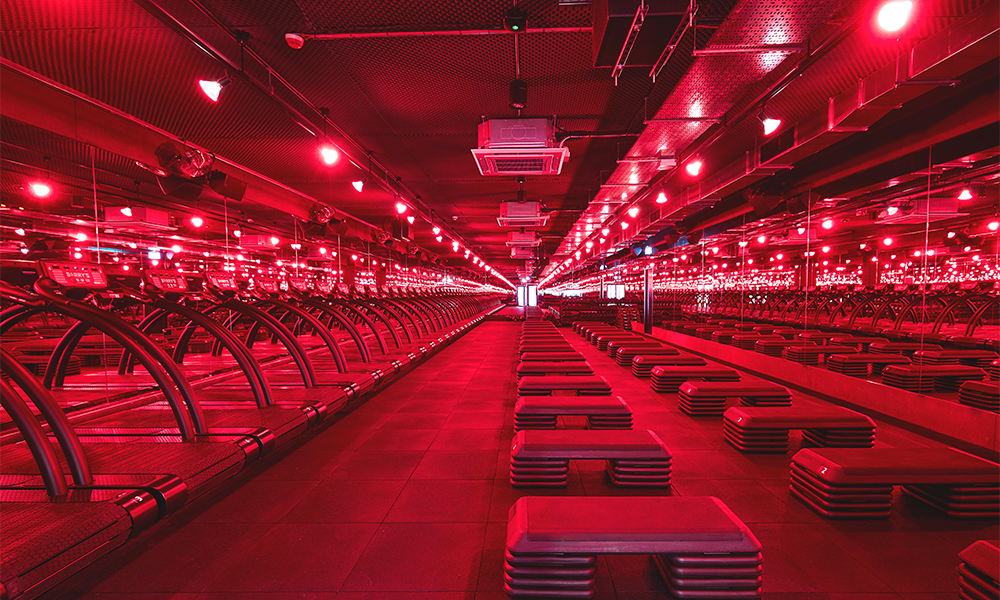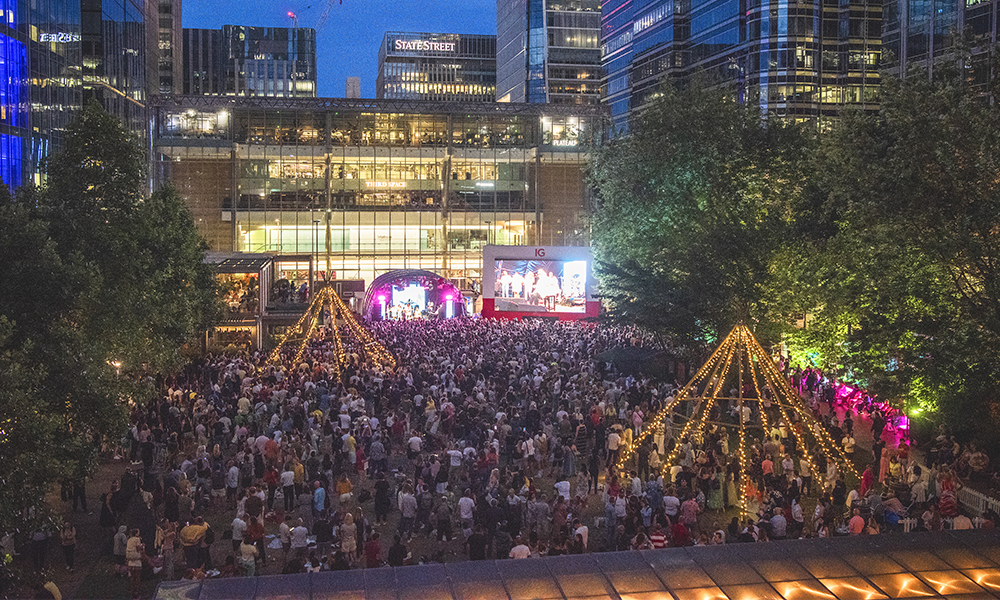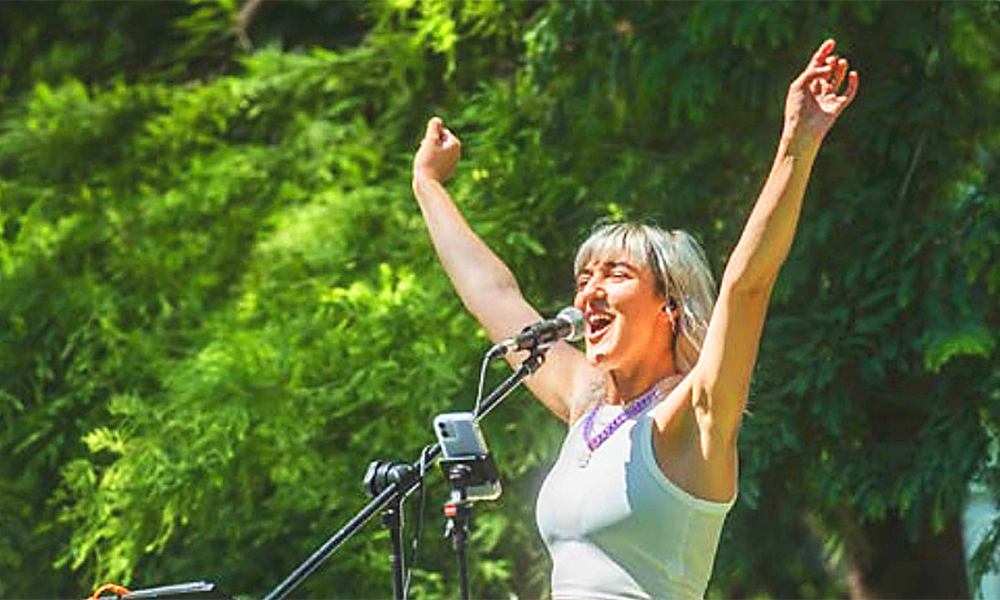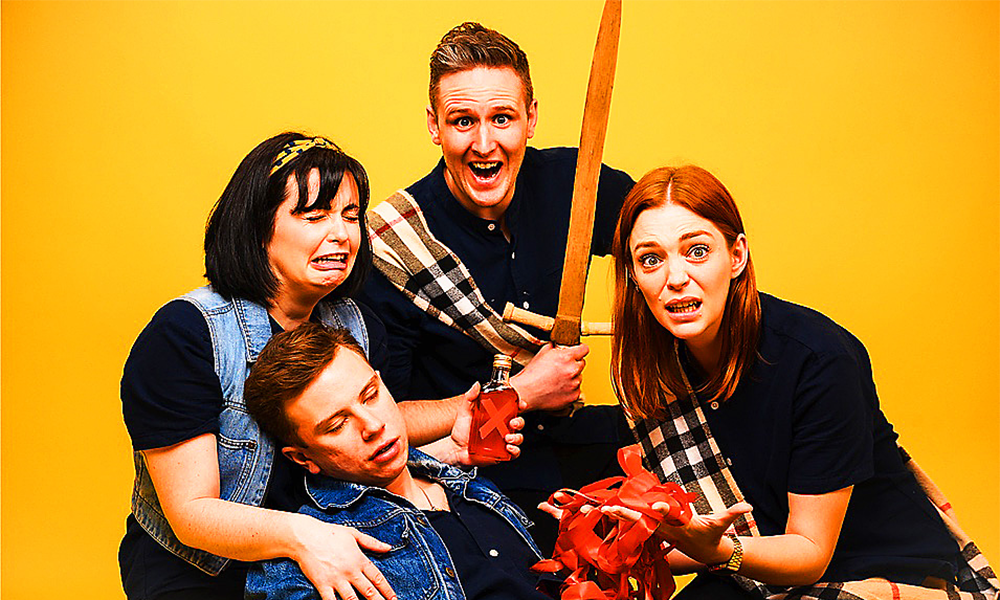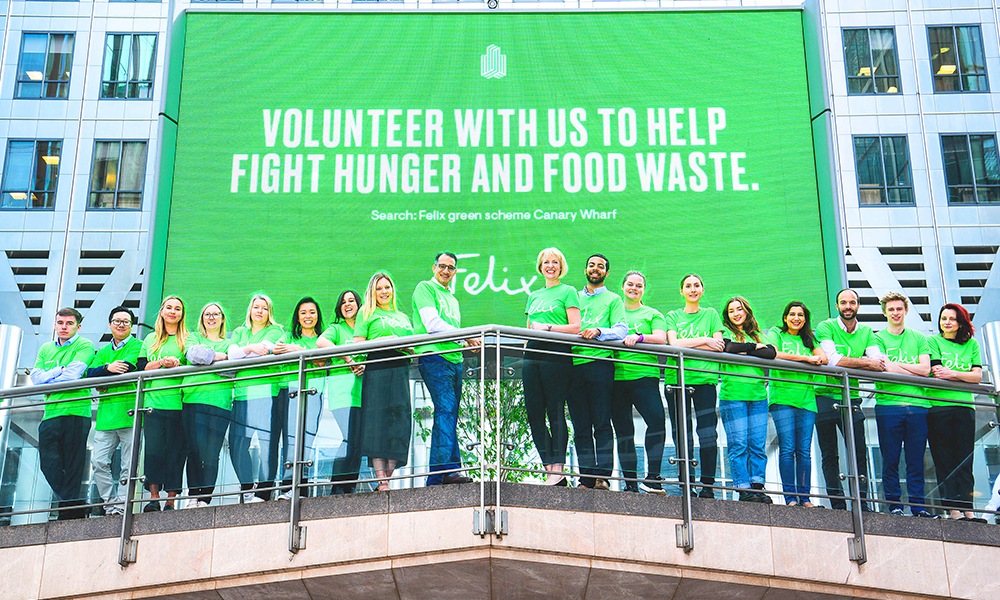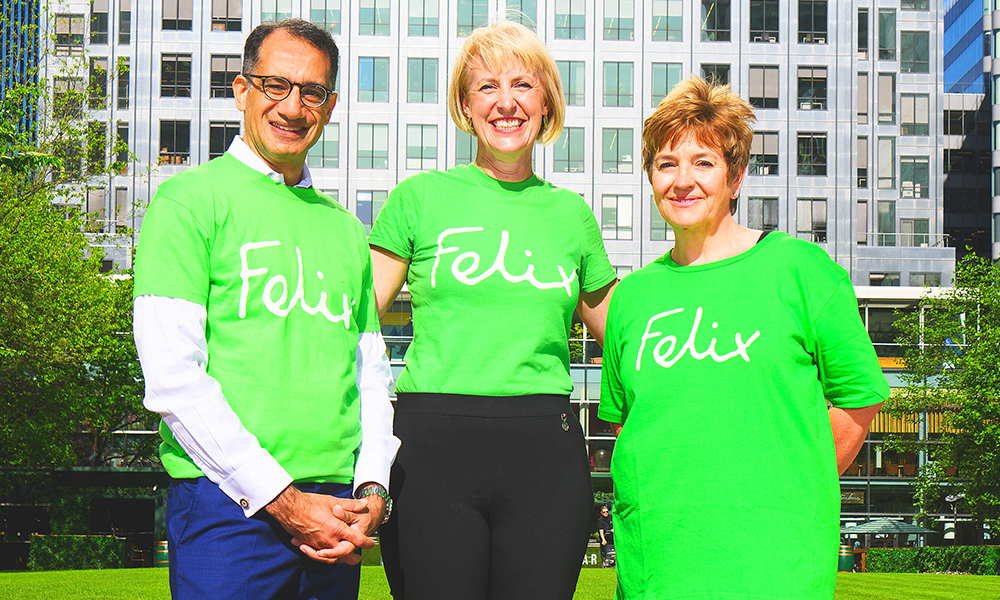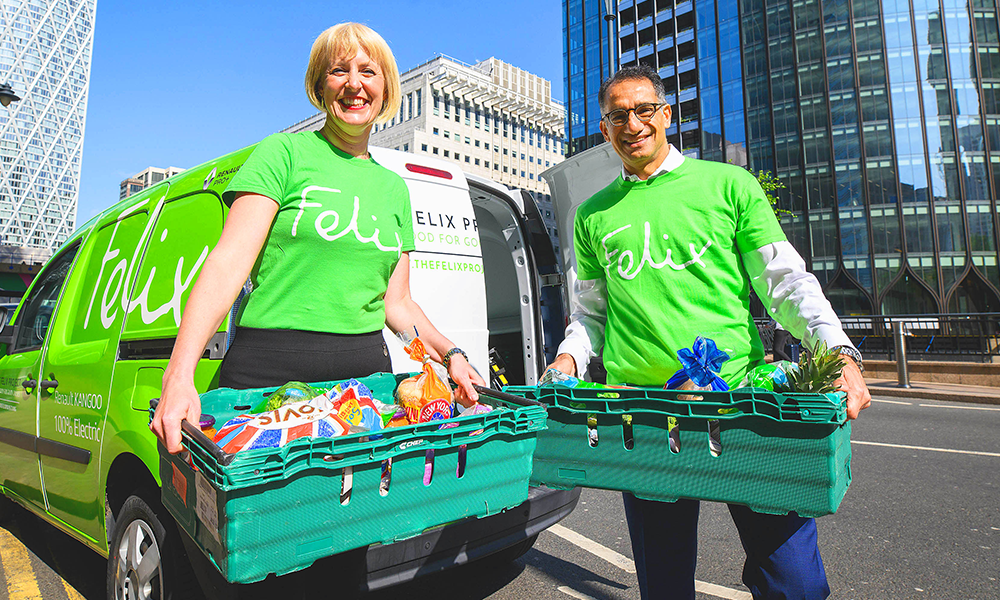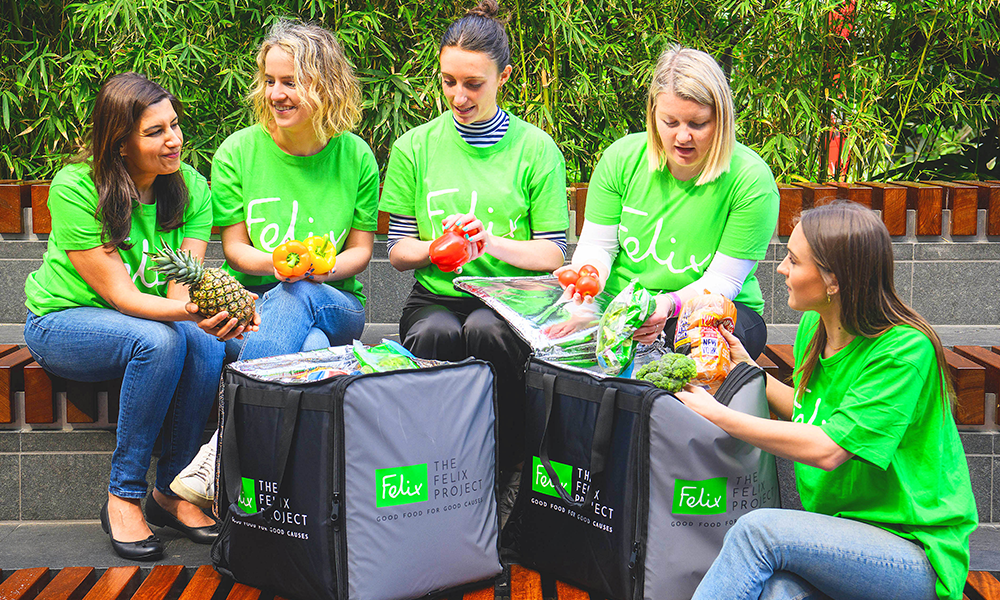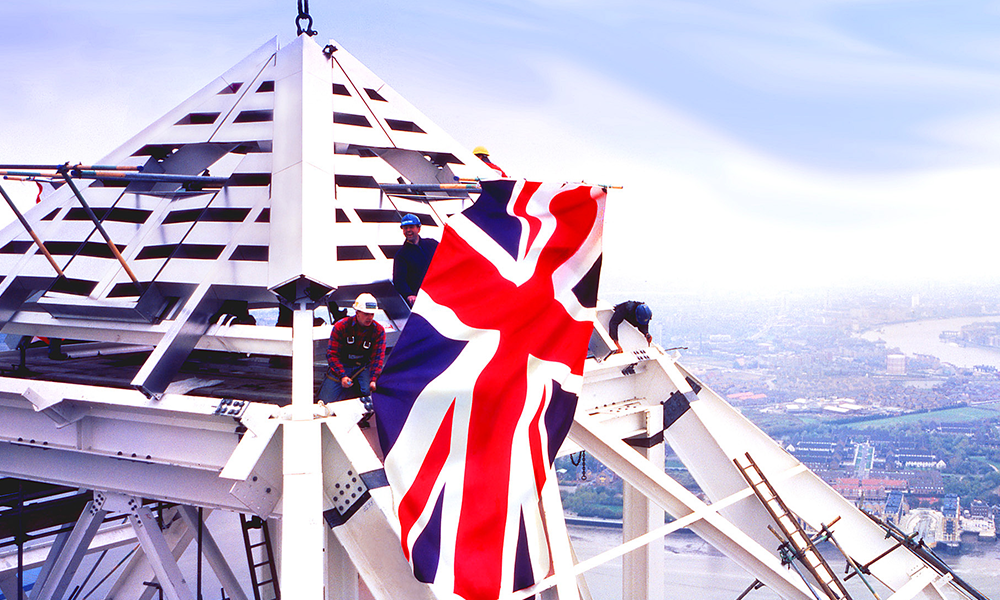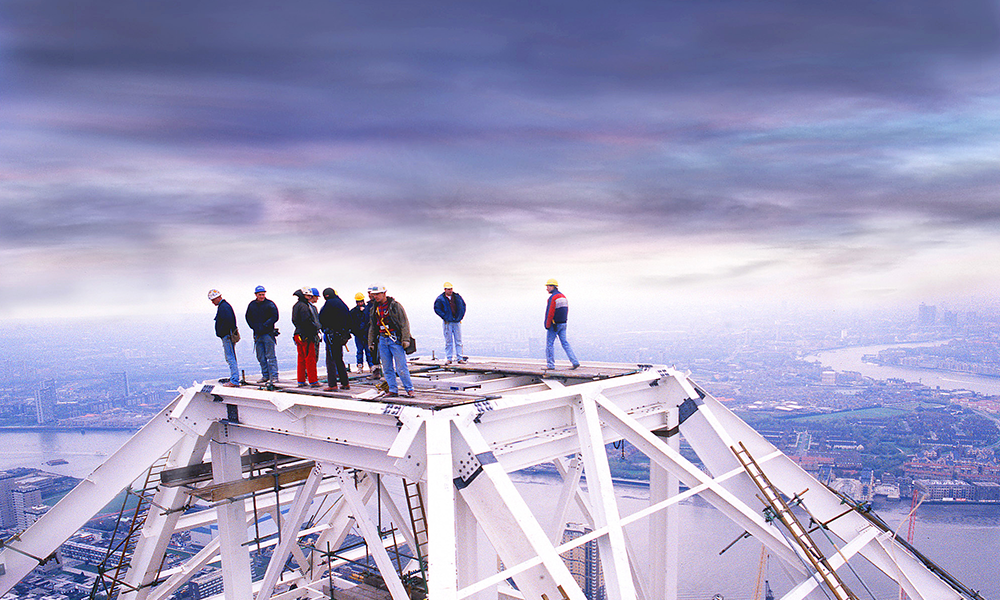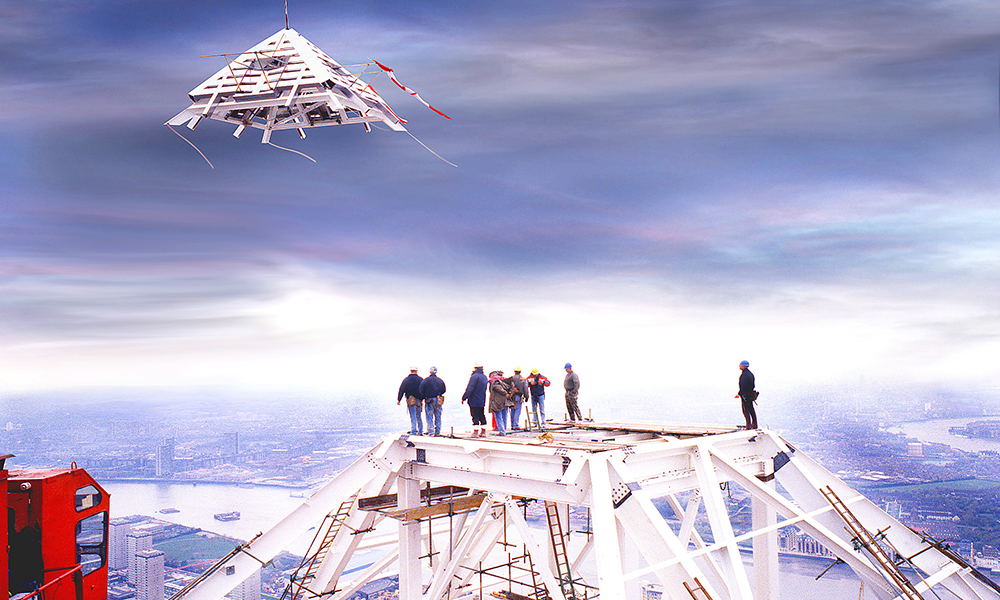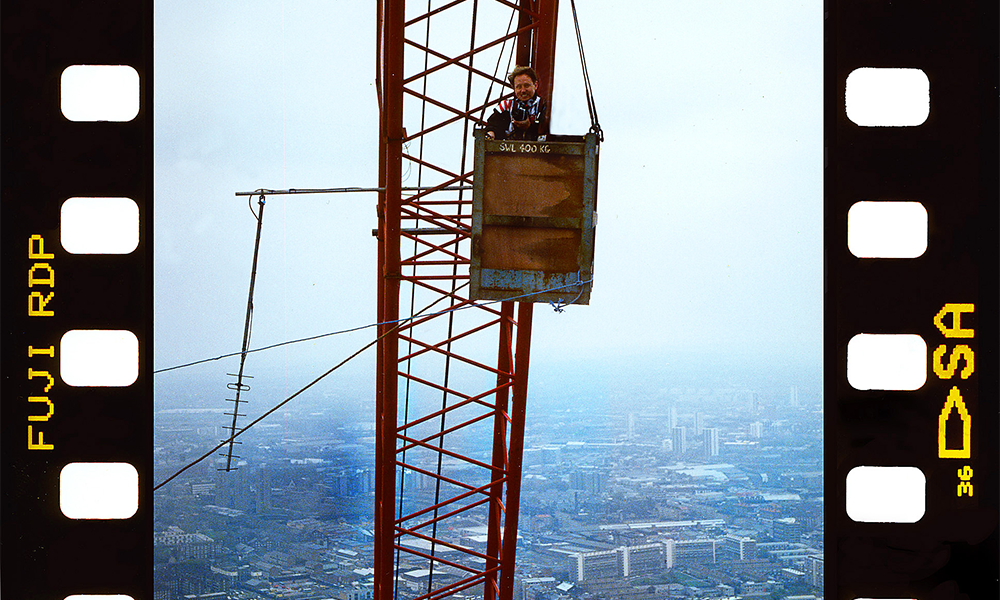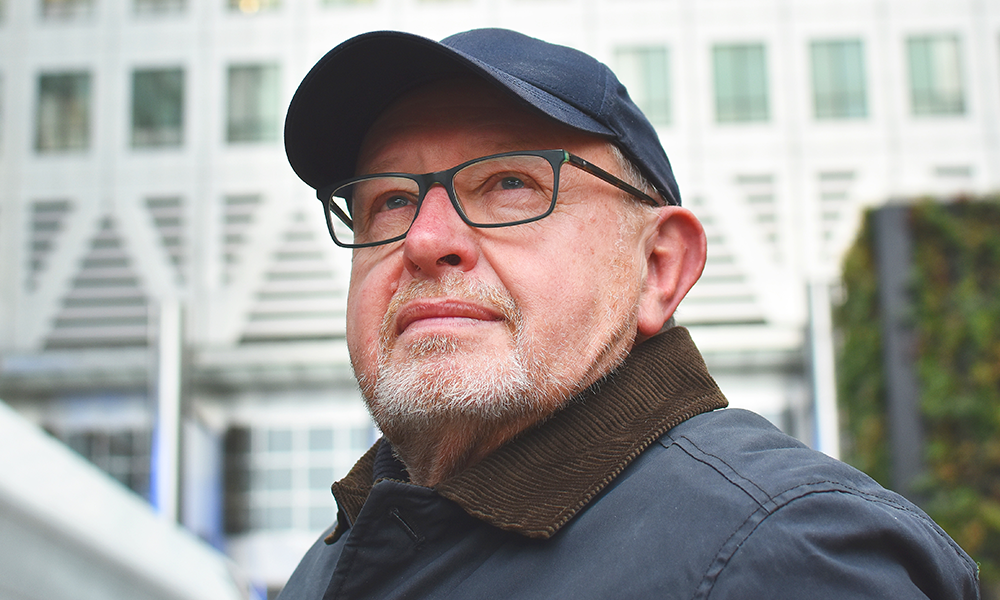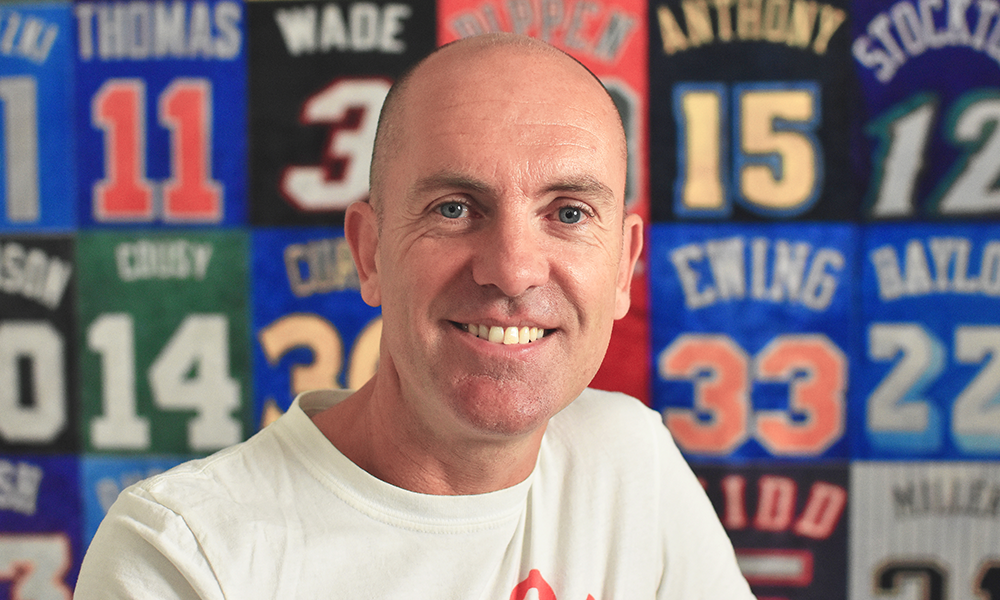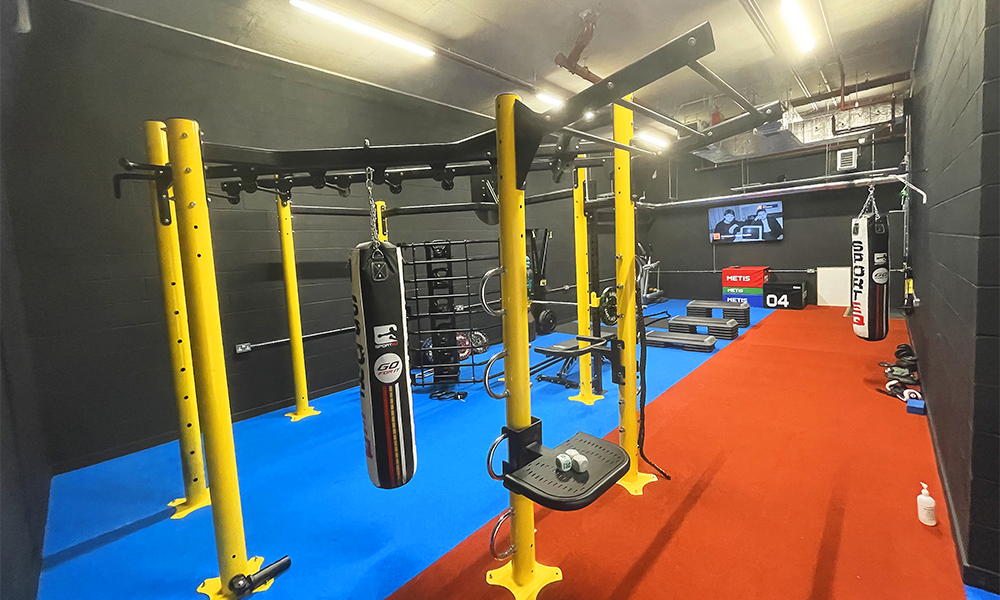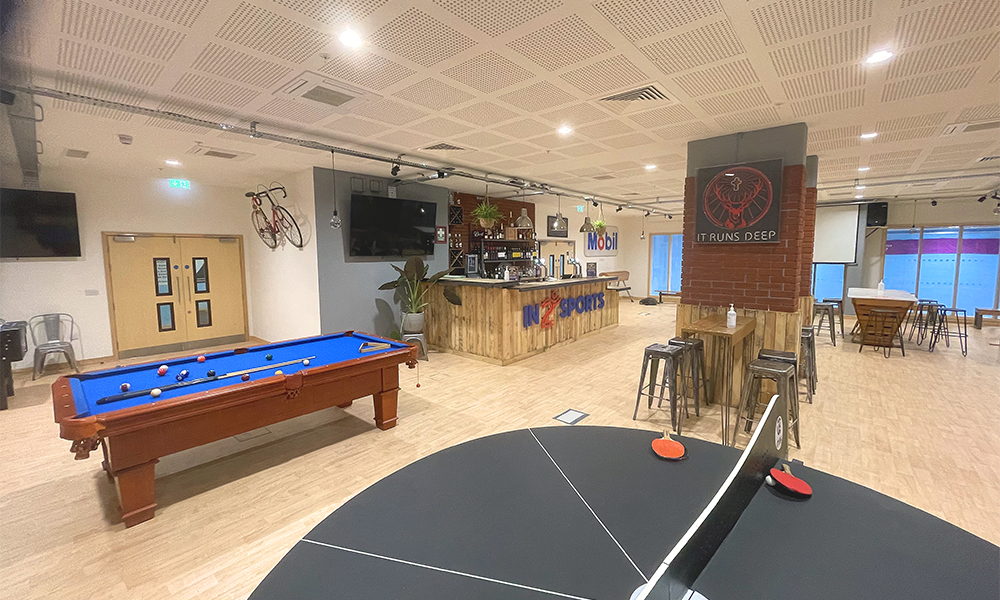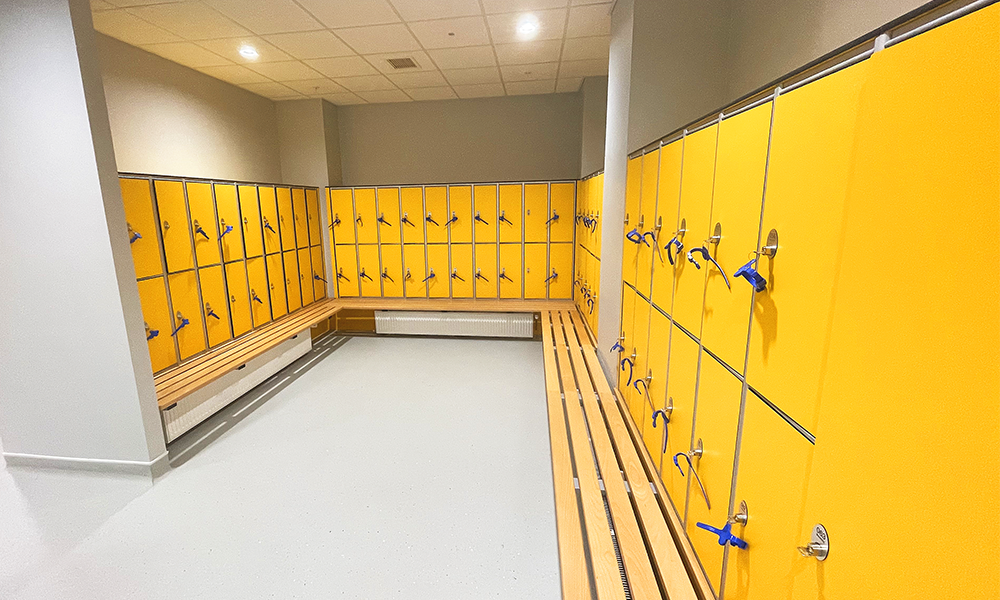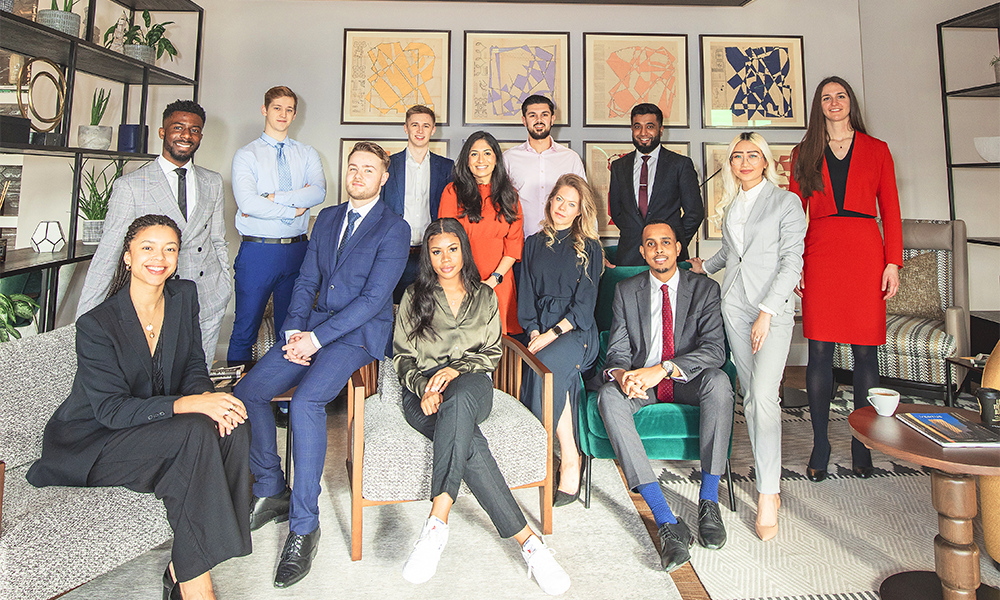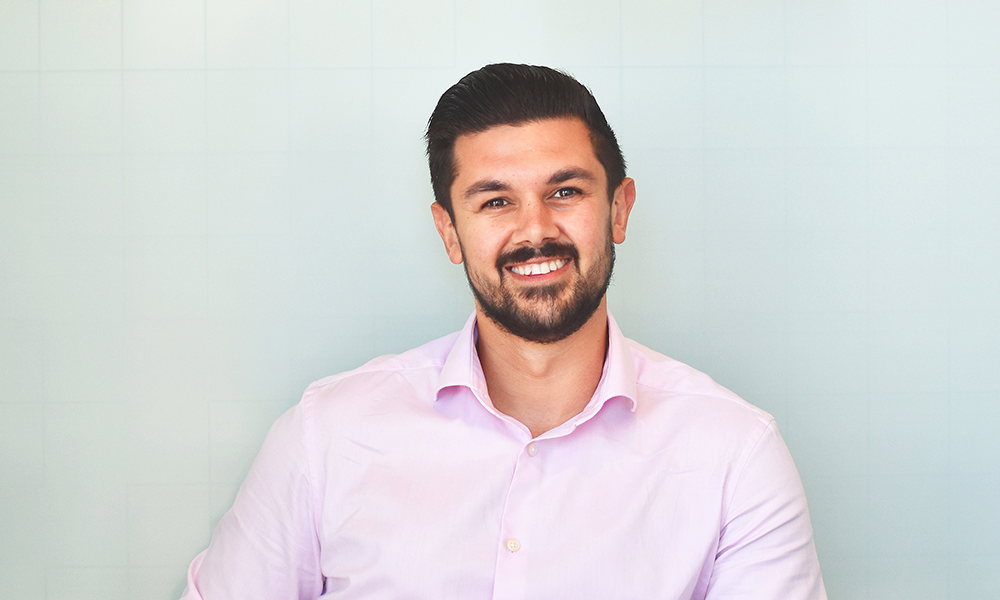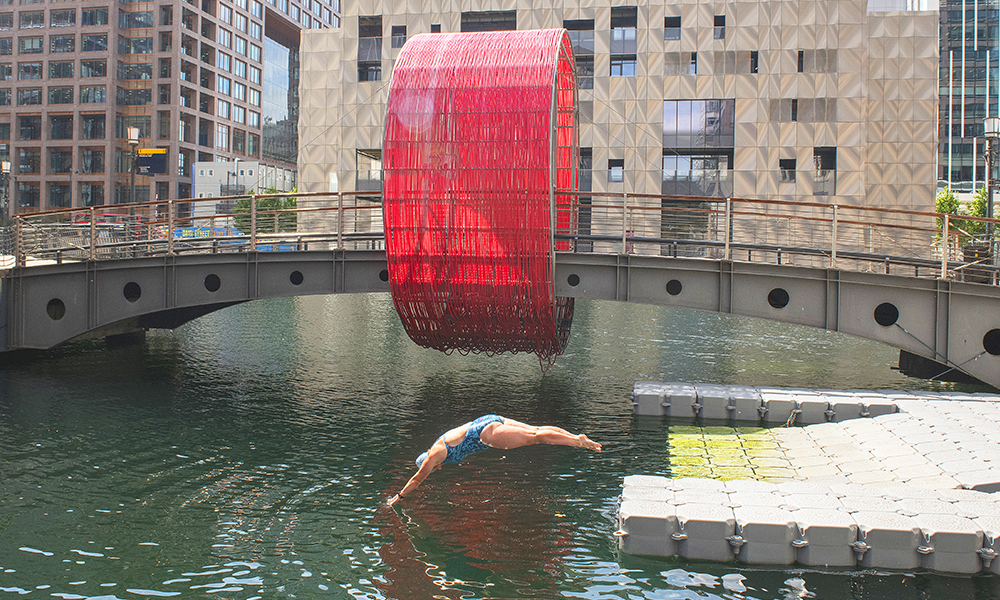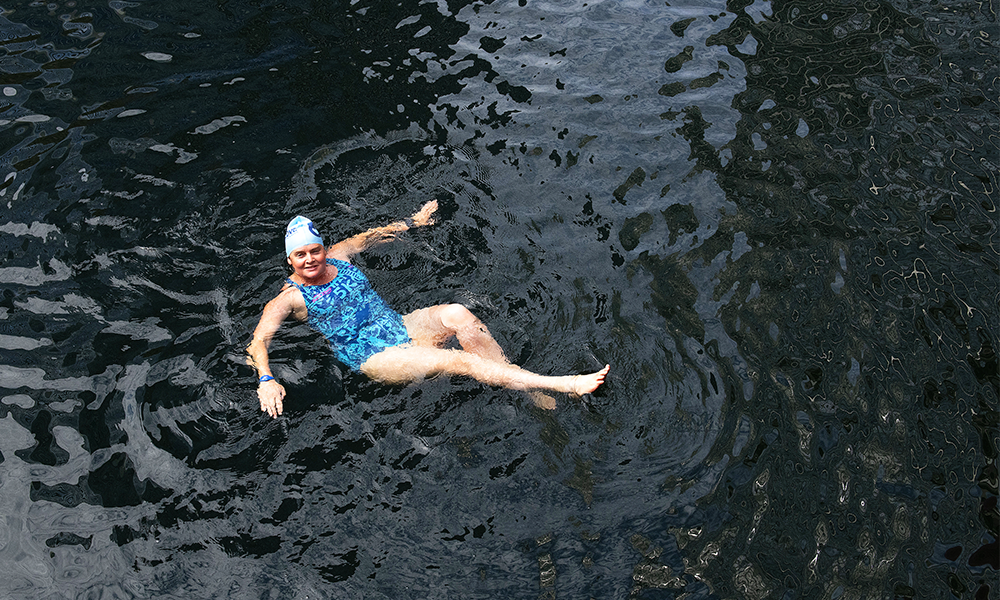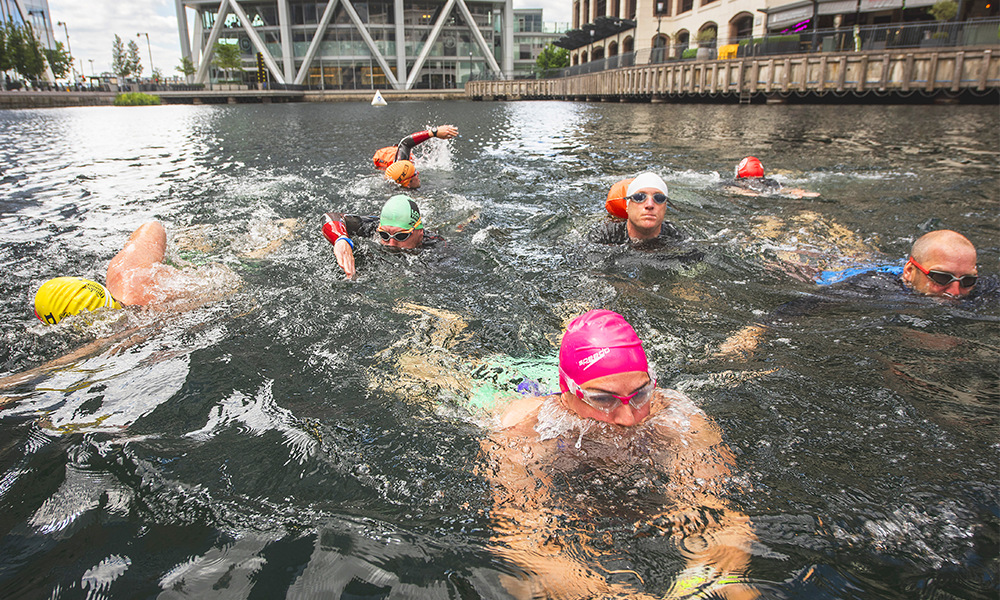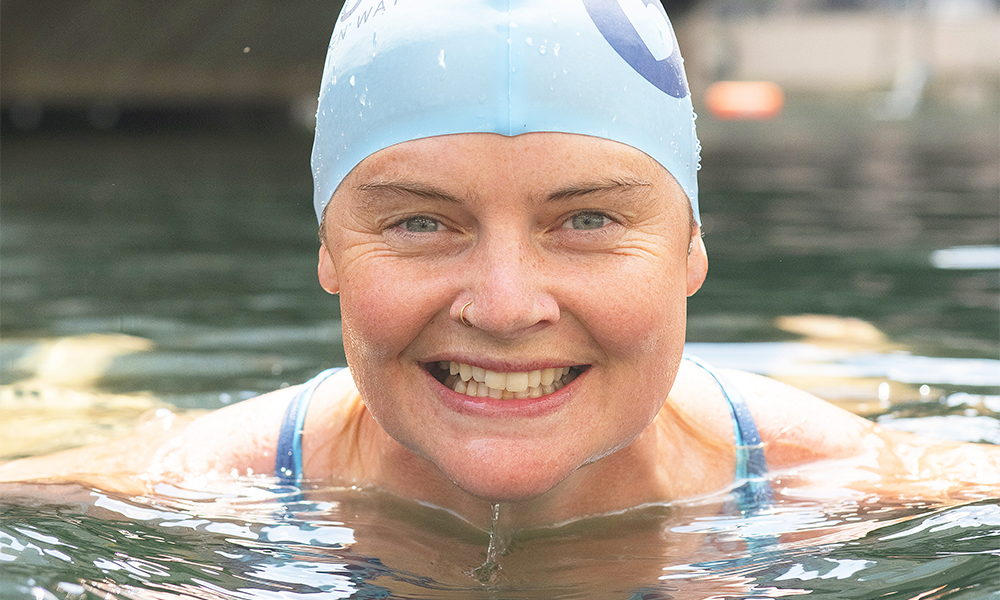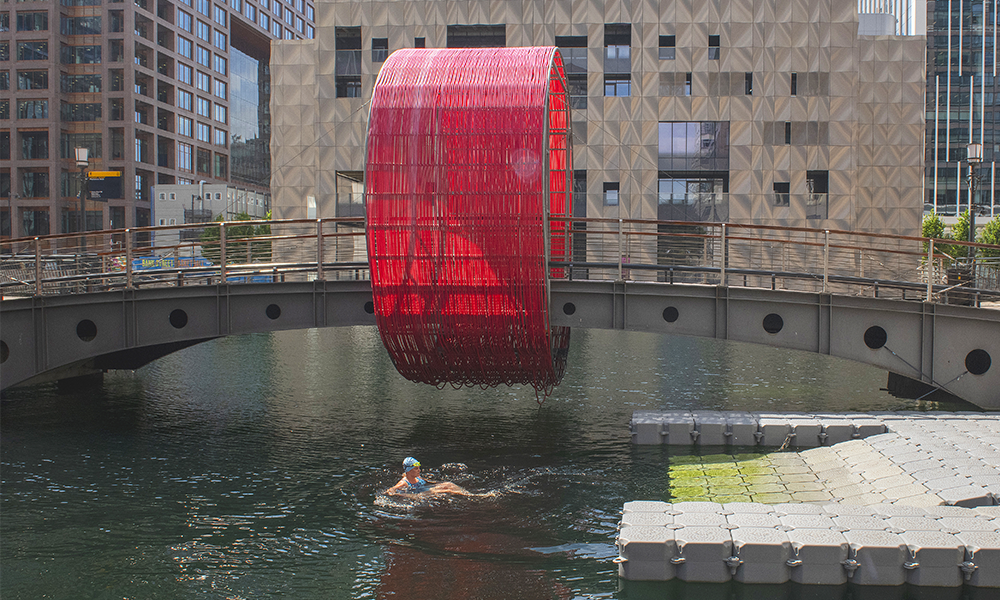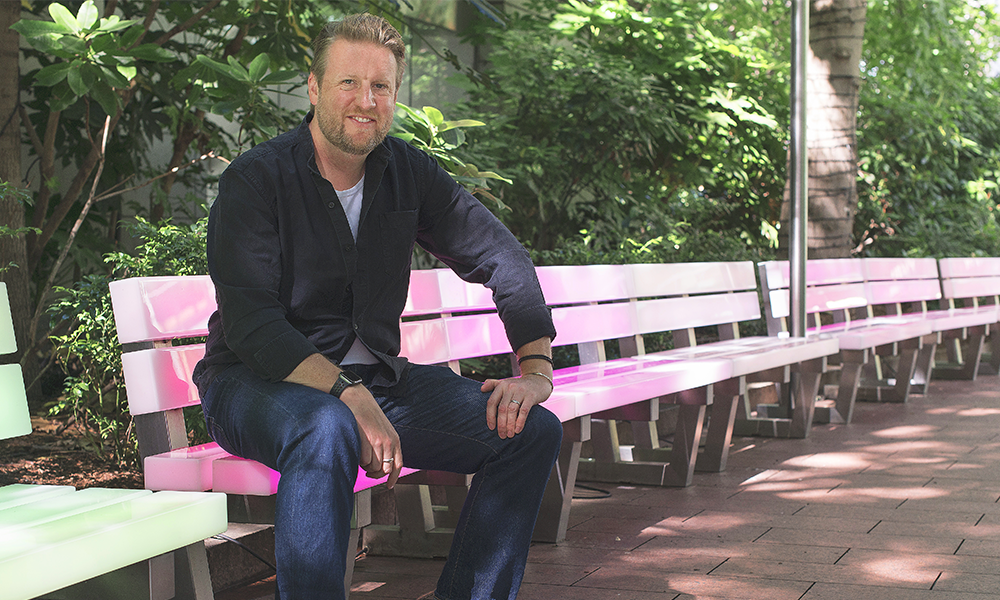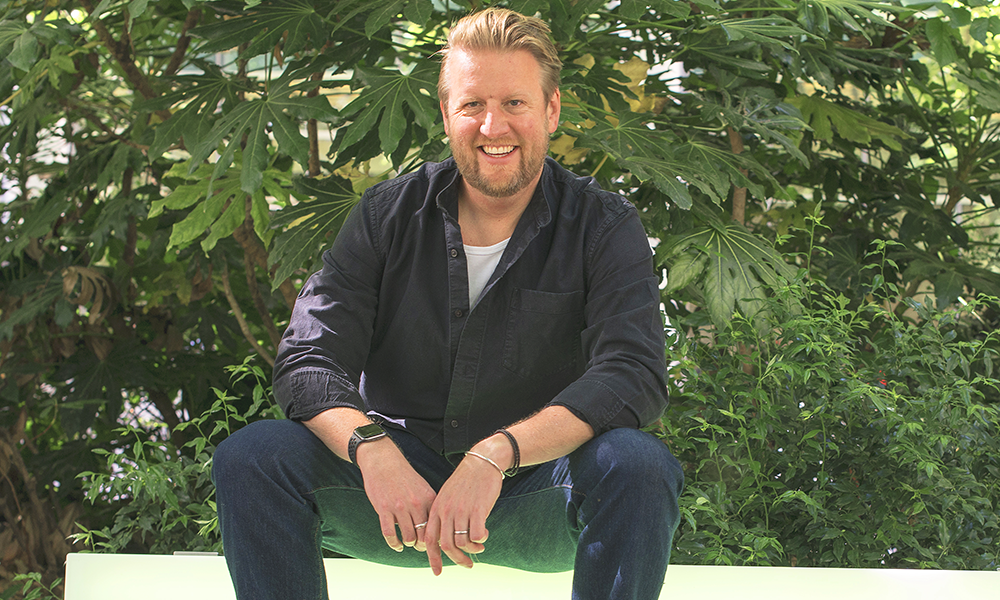Network is aimed at bringing young professionals together for a vibrant programme of events
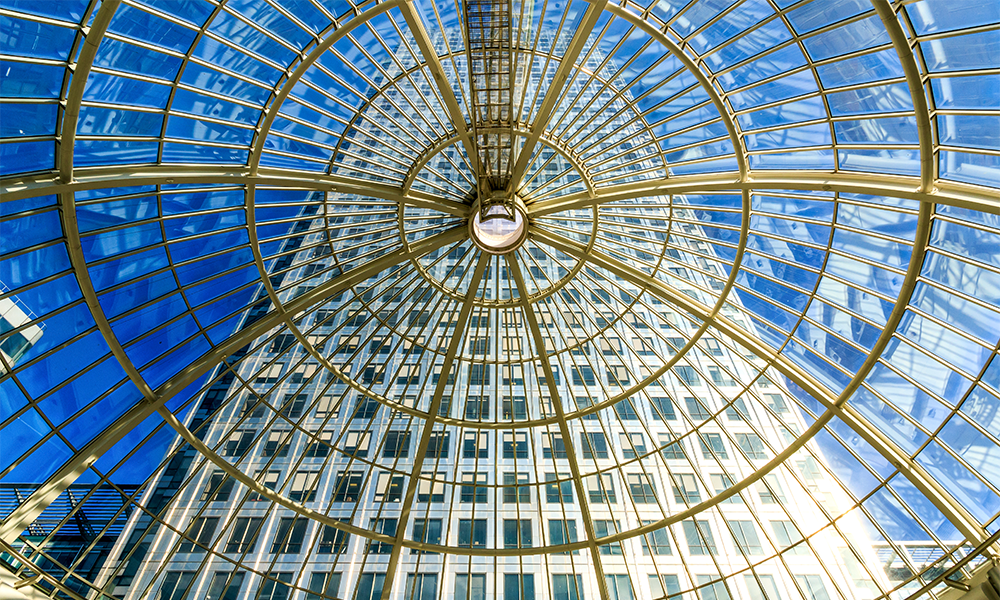
Subscribe to our free Wharf Whispers newsletter here
“The role of the landlord is evolving all the time – is it enough to simply let a building? Probably not,” said Jane Hollinshead, chief people officer at Canary Wharf Group.
Things have changed in the world of work in the wake of the pandemic and the company that runs the estate is firmly in listening mode – especially when it comes to young people.
That’s the thinking behind the creation of Wharf Connect – a free membership community aimed at professionals in the first stages of their careers with a packed programmed of events and opportunities planned.
“We’re hearing a lot more from companies about what their employees want,” said Jane.
“Our customers are saying: ‘Bring people back to the office, listen to what the next generation want, which is something more experiential’.
“It’s made us think about what we’ve got at Canary Wharf and how, as a landlord, we’re in a position to curate experiences because we’ve got so many different amenities.
“We also picked up another dynamic through running our own intern programme last year.
“Often, when you’ve got new employees coming in from outside London, moving to a huge metropolis can be quite overwhelming.
“For them, it’s about how quickly they can immerse themselves in a business and the geography around them, as well as feeling like they’ve got a network of friends and colleagues.
“So Wharf Connect is about how we work with our customers.
“The genesis of it is in the idea that people are the greatest asset companies have.
“They are the fundamental part of what makes a business succeed, so what would something look like that was created to bring young professionals together?”
Wharf Connect’s stated aim is to convene a network in a way that enhances people’s engagement with the office environment, fosters employee retention and plugs workers into the wider world of Canary Wharf.
“What’s interesting from a post-pandemic perspective is that, 10 years ago – if we were talking to different tenants about their graduates or apprentices – firms probably weren’t so open to their people mixing with peers at other organisations,” said Jane.
“It was very much about investment in their own people.
“But now, a lot of big corporates are thinking about how to listen to what the next generation wants – whether that’s learning, wellbeing sessions or networking and bringing people together.
“Either organised internally or with other bodies, the idea is that those participating in these networks really benefit.
“The social aspect of this is also very big.
“We feel, at Canary Wharf Group, that we have a responsibility to do this and it’s very much a reflection of what we’re trying to do in creating a customer-centric approach to how we interact with everyone around the estate.
“We’re in this incredibly privileged position to be able to do that because of the amenities we have and the scale of this place.”

Wharf Connect is open to anyone working on the Canary Wharf estate who has spent 10 years or less in their current sector.
Members will have access to talks from leading experts, networking events and workshops on leadership.
There will also be events held in partnership with local retailers and hospitality businesses, as well as health and wellbeing organisations.
Members of the community will be made aware of local volunteering opportunities, as well as exclusive offers via the Canary Wharf App.
“One of the big events we’re going to have is with entrepreneur Steven Bartlett on February 8, 2024, following on from his appearance in our Wharf Talks series last year.
“Broadly, Wharf Connect’s events, initiatives and offers will focus on personal development. Some people will be wondering where their career will take them.
“Many events will be held in collaboration with businesses on the Wharf – events at Dishoom or Electric Shuffle, for example.
“We think exploring what’s on offer on the estate is better in a group.
“As a member, you’ll be getting carefully thought through, curated experiences – we’ll be bringing people into new spaces so they can experience them and benefit from that.”
Wharf Connect is free to join, with workers on the estate able to apply for membership via the Canary Wharf App.
At sign-up, users must select “I work here” and fill out their details, including selecting the company they are employed by from the list, or choosing “Company Not Listed” for organisations not mentioned.
Prospective members should sign up using their work email address so Canary Wharf Group can verify they are based on the estate.
“The relationship between landlords and tenants is becoming a partnership,” said Jane.
“Not only do you have to create a sustainable collaboration space, you need to be curating an experience.
“It will be really interesting to see how Wharf Connect develops – how many people get involved.
“Personally, I like the idea that there’s give and take in it – what are people offering to this community?
“If it results in more people volunteering who wouldn’t otherwise do so, then that’s great.
“Members may also spread the word of what Canary Wharf really is and that’s positive too.
“A lot of the benefits are nuanced and intangible – they exist above the hard line data – and you’ll see those trickling through.
“Wharf Connect will create allies and advocates for the Wharf and I think that will become exponential in terms of its effects.
“The question for us is always: ‘What we can do to make our customers’ experience more immersive and accessible?’.”
Wharf Connect is accepting applications for membership now via the Canary Wharf App, which can be downloaded for both Android and iOS devices.
Read more: How the SS Robin has returned home to begin a new life
Read Wharf Life’s e-edition here
Subscribe to our free Wharf Whispers newsletter here
- Jon Massey is co-founder and editorial director of Wharf Life and writes about a wide range of subjects in Canary Wharf, Docklands and east London - contact via jon.massey@wharf-life.com




